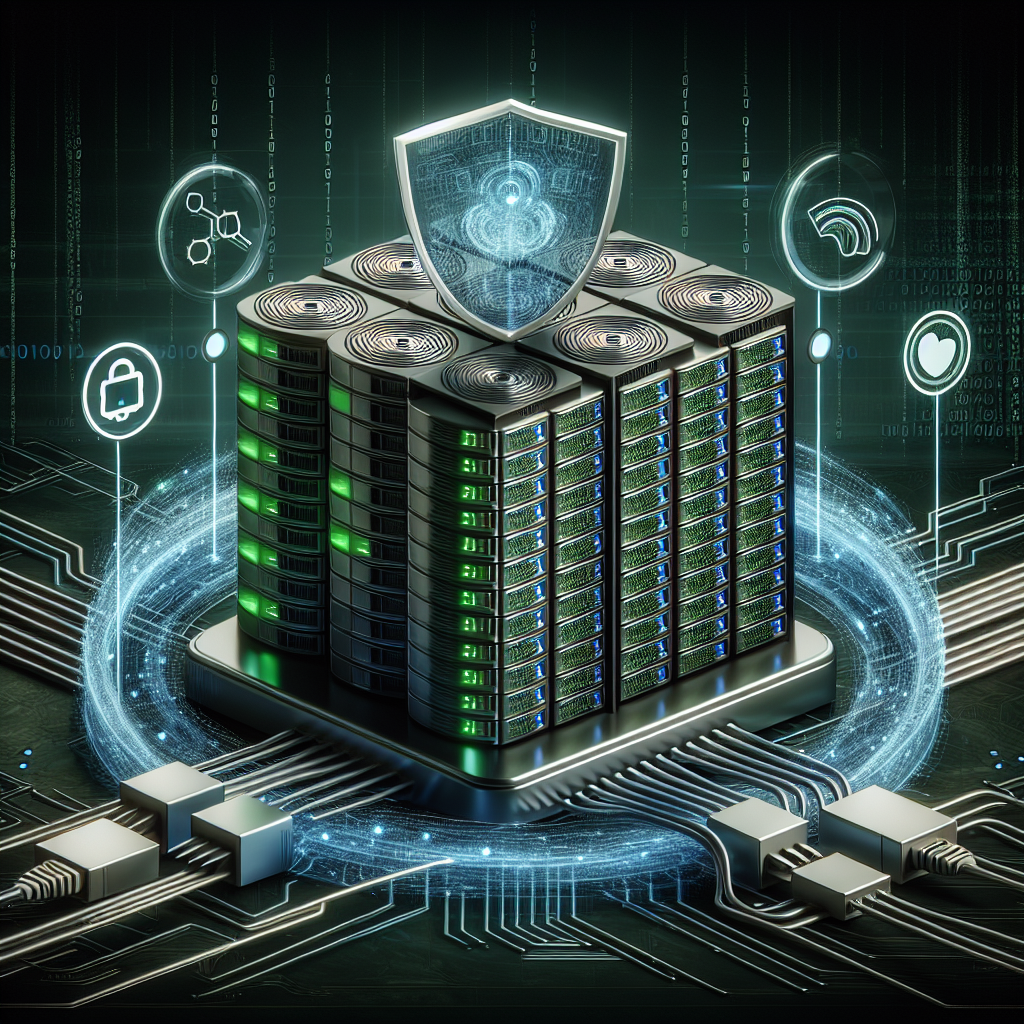Data Center Backup and Recovery: Tips for Preventing Data Loss and Downtime
Data Center Backup and Recovery: Tips for Preventing Data Loss and Downtime
Data centers play a critical role in the operations of businesses and organizations, housing vast amounts of valuable and sensitive data. With the increasing reliance on digital information, ensuring the security and availability of this data is crucial for the smooth functioning of any enterprise. However, data loss and downtime can occur due to various reasons such as hardware failure, human error, cyber attacks, or natural disasters. To mitigate the risks of data loss and downtime, it is essential for data centers to have a robust backup and recovery strategy in place.
Here are some tips for preventing data loss and downtime in data centers:
1. Regular Backups: Regularly backing up data is the cornerstone of any data protection strategy. Data centers should implement automated backup processes to ensure that all critical data is backed up at regular intervals. This will help in recovering data quickly in the event of a failure or disaster.
2. Offsite Backup: Storing backups offsite is essential to protect data from physical disasters such as fires, floods, or theft. Data centers should consider using cloud storage or remote data centers for offsite backups to ensure data redundancy and availability.
3. Data Encryption: Encrypting data during backup and storage helps in securing sensitive information from unauthorized access. Data centers should implement encryption mechanisms to protect data both at rest and in transit.
4. Disaster Recovery Plan: Having a well-defined disaster recovery plan is crucial for minimizing downtime and ensuring the continuity of operations in case of a disaster. Data centers should regularly test their disaster recovery processes to identify and address any gaps or weaknesses.
5. Monitoring and Alerting: Implementing monitoring tools and alerting systems can help data centers proactively identify potential issues and take corrective actions before they escalate into a major problem. Monitoring can help in detecting anomalies in data backups or storage systems and ensure data integrity.
6. Regular Maintenance and Updates: Regular maintenance of hardware and software systems is essential to prevent failures and data loss. Data centers should keep their systems up to date with the latest security patches and updates to mitigate vulnerabilities that can lead to data breaches or downtime.
7. Employee Training: Human error is a common cause of data loss and downtime. Data centers should provide training to employees on data protection best practices, security protocols, and proper handling of sensitive information to minimize the risk of data loss.
In conclusion, data center backup and recovery are critical aspects of data protection and business continuity. By following these tips, data centers can prevent data loss and downtime, safeguard their valuable information, and ensure the uninterrupted operation of their services. Investing in a robust backup and recovery strategy is essential for protecting data and maintaining the trust of customers and stakeholders in today’s digital age.


